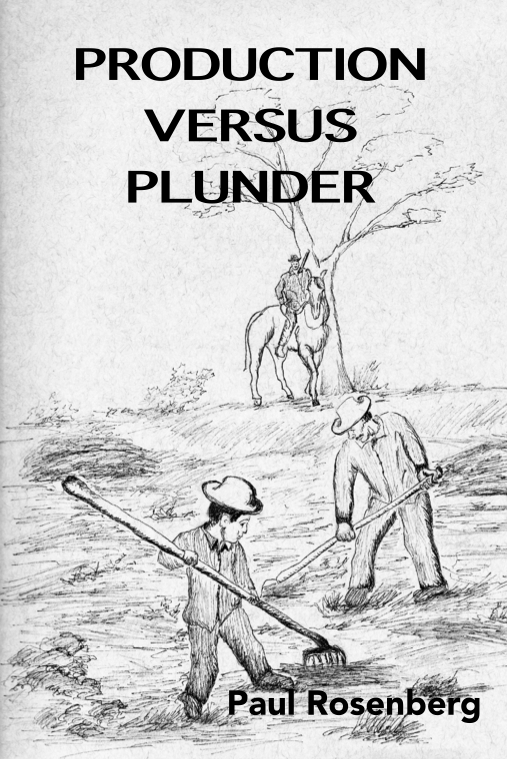 Paul Rosenberg - Freeman**Q**s Perspective
Paul Rosenberg - Freeman**Q**s Perspective
IPFS
Celebrating Western Civilization, Part 1
Written by Paul Rosenberg Subject: American HistoryI couldn't tell you how many times I've heard Western civilization disparaged, in everything from street talk to written screeds to intellectual circles. It would have to be thousands of times at least. In fact, it's something that people (including people who should know better) repeat endlessly, always confident that they'll receive a pat on the back for it.
Criticizing the West passes for enlightenment these days.
Except that it's false. Western civilization (and by that I mean European civilization and its offshoots, from the breakup of the Western Roman Empire to today… the civilization based upon Judeo-Christian ethics and scientific progress) is, by far, the most productive in human history. To criticize it in broad terms is not a sign of enlightenment, but of delusion.
Let Us Begin
Have you ever seen the Scuola Grande di San Rocco in Venice? The scuole (and there were several in Venice) were what we call "confraternities": voluntary associations of Christian lay people, most commonly merchants, who promoted charitable works.
Take a look at their main room on the second floor of the scuola:

Source: Wikpedia
This room (and there's more in this scuola) wasn't built by rulers celebrating their own magnificence or even a religion celebrating its magnificence[1]. It came from individuals in a charity league.
What you're seeing are the fruits of commerce, Christian ethics, and civilizational self-confidence. The art in this building is stunning. So much so that you need a mirror to carry around for viewing the ceiling: Your neck couldn't take all the craning it would have to do to see even a fraction of it.
Here's the interior of a church in Rome called San Giovanni in Laterno:

Source: Wikipedia
These sculptures are amazing, and again, this is just one part of a larger building.
Here are just a few of Bernini's sculptures that you can find in a museum set in the middle of a park in Rome:

Source: Wikipedia

Source: Wikipedia

Source: Wikipedia
And please trust me; you need to see these things in person to really appreciate them.
The Point Here
I could go on, and I will in future columns (though spread out over time). The real point here is not that the people of the West are inherently superior. It's that they had a civilization that permitted their talents to function. Often, the critical moments came when the talented people were young, and developing their talents required the society to keep doors open to them long before they reached anything resembling full growth.
Western civilization, as Aristotle might have put it, provided a set of ideas, and a people molded by them, in which talented lives found sufficient scope to produce wonders.
Western civilization never had a monopoly on human greatness – all humans are potentially great – but this culture, this shared set of ideas, was an environment especially suited to the thriving of talent… a nurturing condition in which great talents and works could thrive and did thrive.
* * * * *
As it turns out, history was never too hard to understand; they just told you the wrong story.
Comments from readers:
"This is the most amazing little book I have read on history in 36 years of reading history."
"It will change the way you look at nearly everything."
"I will flat out say that this is the best history book I have ever read… I am fairly well read, but I learned a tremendous amount that I hadn't known before or hadn't aligned so that it made sense."
"This is the best and clearest description of the history of Western civilization I have ever read."
"Packed with insights on every page concerning how the world came to be the way it is and what we might expect in the future."
Get it at Amazon or on Kindle.
* * * * *
Paul Rosenberg
www.freemansperspective.com


























